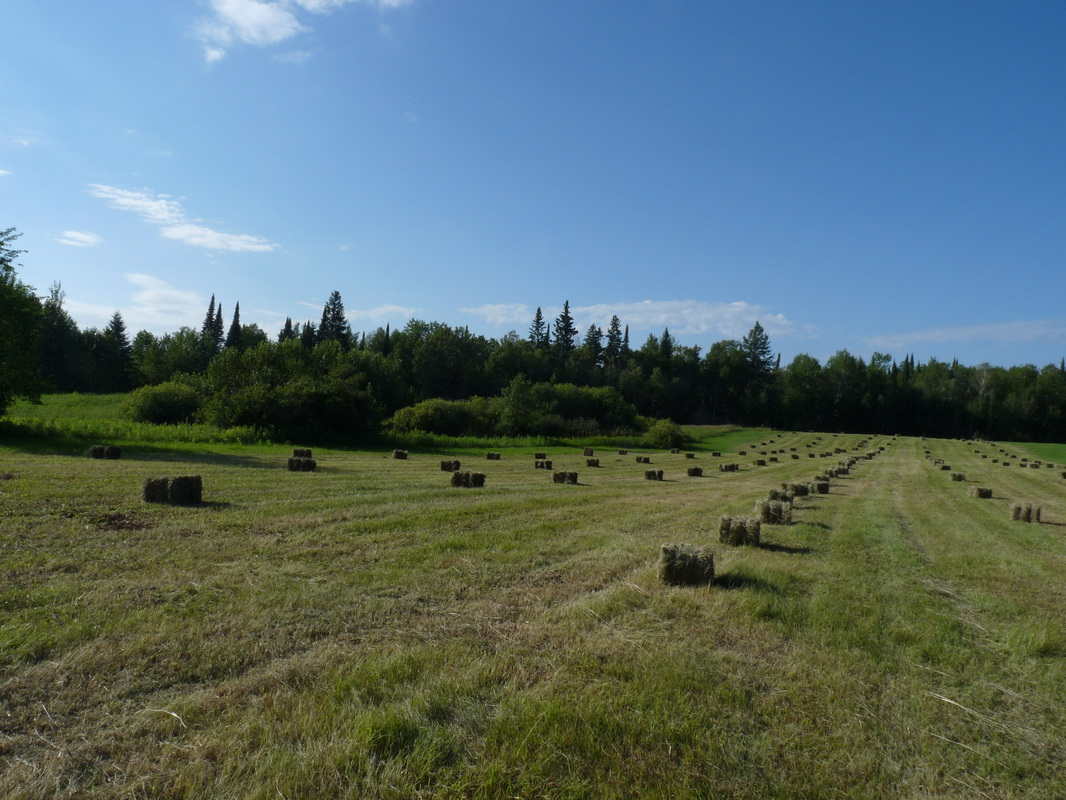Vitamins:
Small ruminants have the ability to make and absorb almost all their needed vitamins, provided their digestive systems are functioning properly. Vitamins A and E are the only 2 that must be available in the diet and usually are, in fresh forage situations. Vitamin D is in fresh forage and also made by the skin when the animal is in the sun. Vitamin C is also made from L-gulonic acid in body cells. Young animals rely on vitamins available from the diet. However, long winters where hay is stored and fed continuously or situations where animals are drylotted or on feedlots mean vitamin supplementation is necessary. Stress, disease and digestive insufficiency can all increase need for different vitamins (NRC, 2007, p. 21).
References:
NRC. 2007. Nutrient Requirements of Small Ruminants. Wash. DC: The Natl. Academies Press.
Small ruminants have the ability to make and absorb almost all their needed vitamins, provided their digestive systems are functioning properly. Vitamins A and E are the only 2 that must be available in the diet and usually are, in fresh forage situations. Vitamin D is in fresh forage and also made by the skin when the animal is in the sun. Vitamin C is also made from L-gulonic acid in body cells. Young animals rely on vitamins available from the diet. However, long winters where hay is stored and fed continuously or situations where animals are drylotted or on feedlots mean vitamin supplementation is necessary. Stress, disease and digestive insufficiency can all increase need for different vitamins (NRC, 2007, p. 21).
References:
NRC. 2007. Nutrient Requirements of Small Ruminants. Wash. DC: The Natl. Academies Press.
By Alethea Kenney, copyright 2021-2025 Do not reprint or copy without permission.
